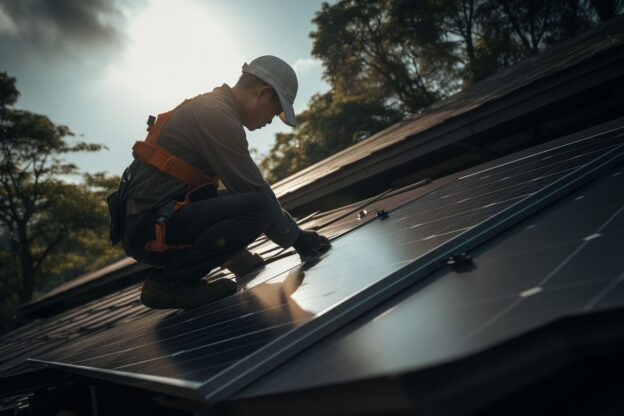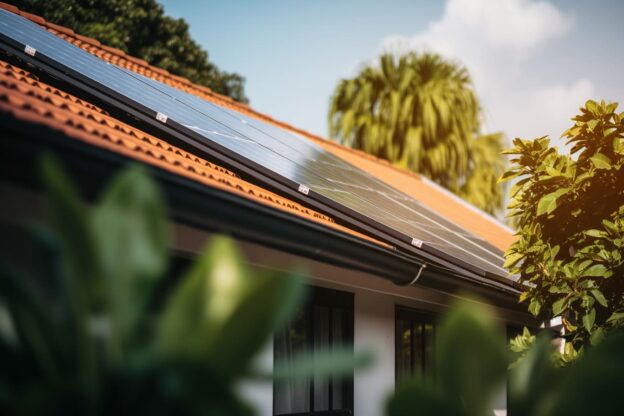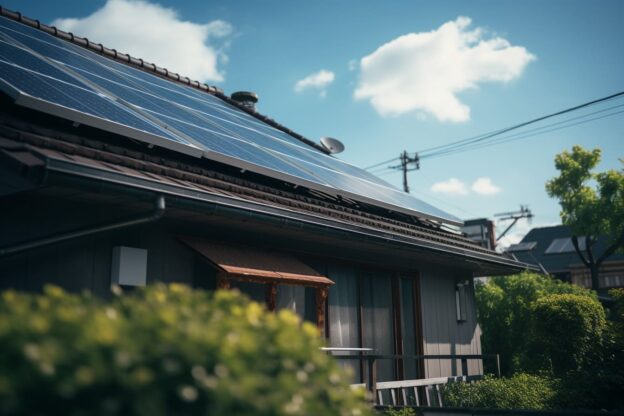Wind power can be a viable option for homeowners who are interested in generating their own electricity and have a suitable location for a wind turbine. However, there are a few things to consider before installing a wind turbine on a residential property.
- Location. The most important factor in determining the viability of wind power for homeowners is the location of the property. Wind speeds are generally higher in open, rural areas, so a wind turbine may not be as effective in a more urban or suburban setting. Additionally, local zoning laws and regulations may limit the size and placement of wind turbines on residential properties.
- Wind speed. A wind turbine requires a minimum wind speed to function effectively, typically around 8-9 mph. If the wind speeds in your area are not sufficient, a wind turbine may not be an efficient or cost-effective option.
- Size and cost. The size of the wind turbine and associated costs will depend on the amount of electricity that needs to be generated. For a small home, a small turbine of around 1kW to 3kW would be sufficient and the costs are relatively lower than larger turbines. However, larger turbines that can generate more electricity may be more cost-effective in the long run.
- Maintenance. Wind turbines require regular maintenance, including cleaning and lubrication of moving parts, to keep them functioning at optimal levels. This maintenance should be performed by a professional and it can be costly.
- Noise. Wind turbines can be noisy, particularly when the wind is blowing at high speeds. This can be a concern for some homeowners, and it’s important to consider the potential noise level before installing a wind turbine.
In general, wind power can be a viable option for homeowners, but it is important to carefully evaluate the location, wind speeds, size and cost, maintenance, and noise level before installing a wind turbine. Consult with a professional to determine the best wind turbine system for your specific needs and ensure proper installation and maintenance.



